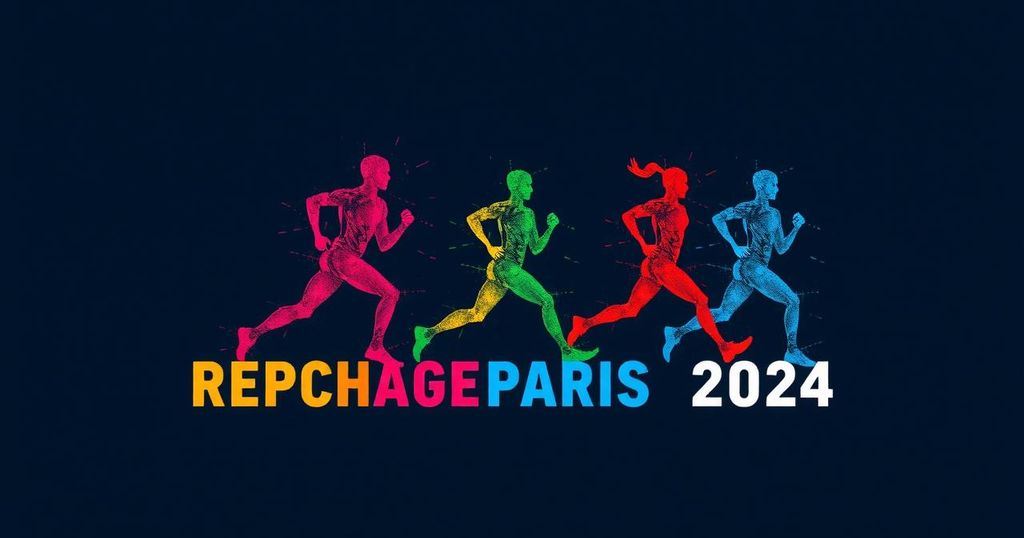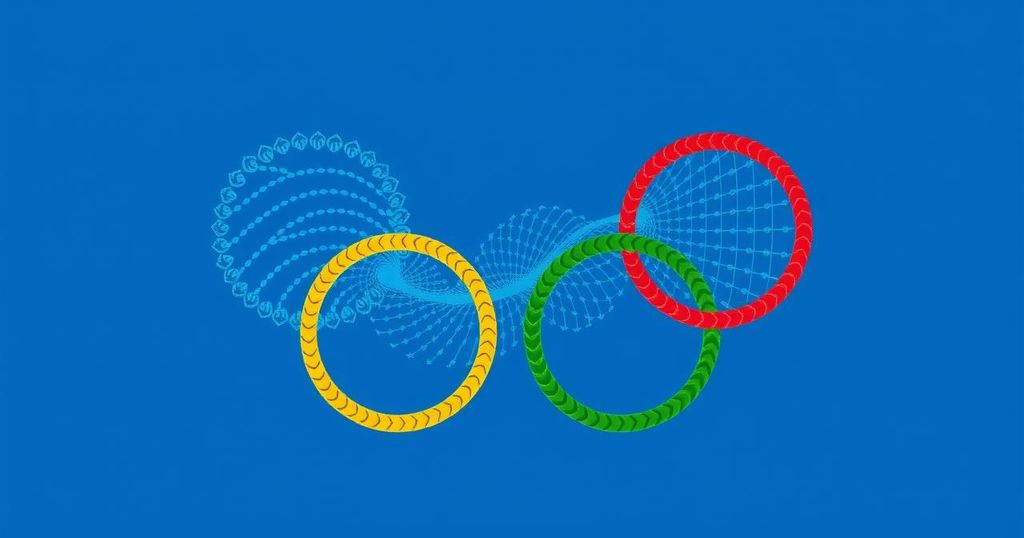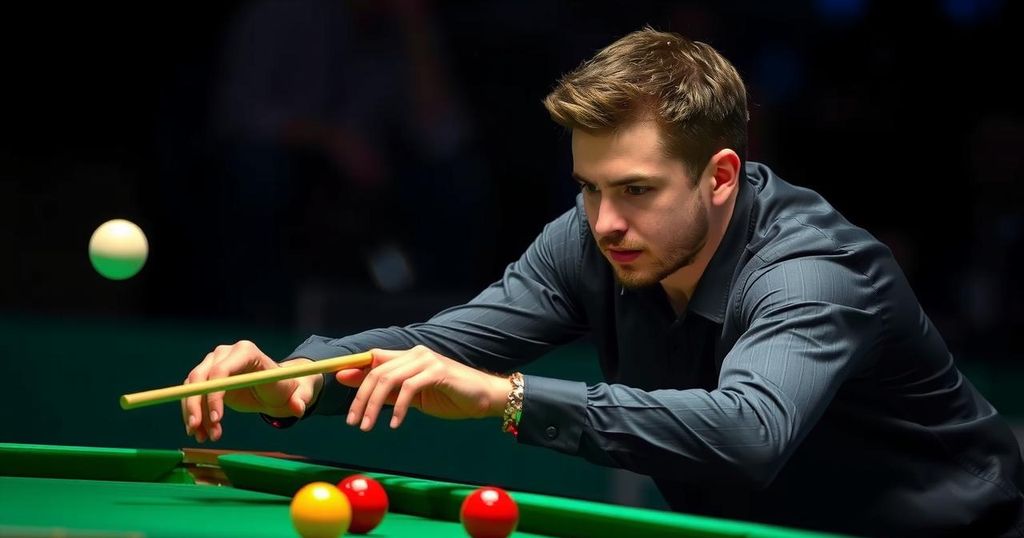Understanding Repechage at the Paris 2024 Olympics: A Comprehensive Overview
As the 2024 Olympic Games in Paris approach, the term “repechage” has become increasingly prominent, particularly in discussions surrounding individual track events. This newly integrated round, applicable to all individual track disciplines except the 100-meter sprint, seeks to enhance the competitive experience for athletes. Events ranging from the 110-meter hurdles to the 1500-meter race will now feature these repechage rounds.
Organizers have framed this addition as an innovative move in the modern Olympic framework. In 2022, Sebastian Coe, President of World Athletics, articulated that the introduction of repechage rounds would provide greater visibility for track and field events during the Olympics, ensuring that each event receives appropriate attention on the global stage.
The term “repechage” is derived from the French language, meaning “second chance.” It has been utilized in various sporting contexts, including track cycling, rowing, wrestling, and speed skating, but is making its debut in track and field events in Tokyo 2024.
The mechanism of the repechage rounds is designed to afford athletes a second opportunity to qualify for the semi-finals and finals after an initial elimination. In the previous structure, the top three finishers in heats would automatically advance, while additional spots would be filled by those with the fastest times outside of the top three. The new structure introduces a repechage race featuring the best-performing non-qualifiers from the initial heats.
Herein, the sequence of events unfolds as follows:
1. **First Round**: All competitors participate, with the top athletes advancing directly to the semi-finals, while others enter the repechage.
2. **Repechage Round**: The fastest among the eliminated competitors race for the remaining spots in the semi-finals, with any further non-qualifiers being eliminated.
3. **Semi-Final**: Automatic qualifiers proceed to the final, while the remaining participants are eliminated.
4. **Final**: This round determines medal winners of gold, silver, and bronze.
Notably, the repechage system will not be employed in the 100-meter event or in long-distance races. World Athletics has clarified that the absence of repechage in the 100-meter is due to the existing preliminary heats, which already serve to filter competitors. Moreover, for long-distance events, the need for adequate recovery between rounds renders the repechage system impractical.
In summation, the introduction of repechage rounds at the Paris 2024 Olympics marks a significant advancement in the structure of track and field competitions, offering athletes a renewed opportunity for success amid the high-stakes environment of the Olympics. Such innovations aim to elevate the competitive spirit and visibility of athletics during the Games.








Post Comment